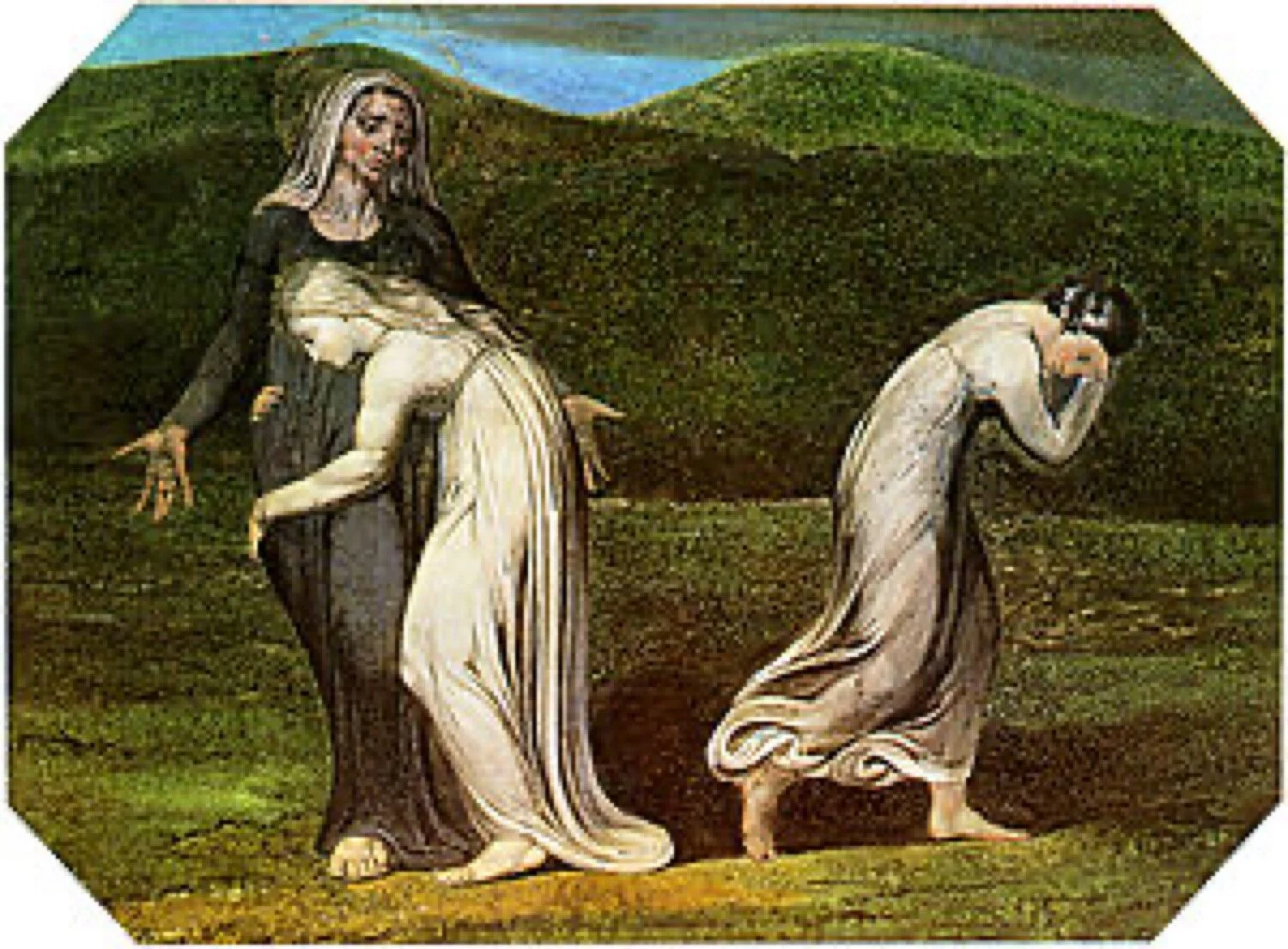Readings for today: Judges 20-21, Ruth 1-4, Luke 11:13-12:3
Without a doubt, Judges is a tough read. Especially towards the end. It’s hard to see a culture descend into chaos. Hard to watch the people of God abandon the ways of God and do what is right in their own eyes. It’s hard to watch evil flourish and good languish. And if we are honest, it raises all kinds of questions. Where was God in the time of the judges? Why didn’t He do something? Was He powerless to stop what was happening? Or worse, did He just not care?
In many ways, the Book of Ruth is the Bible’s answer to these questions. “In the days when the judges ruled the land…” there was a widow named Naomi and her Moabite daughter-in-law named Ruth. Two ordinary people from an ordinary town called Bethlehem whom God would use to bring about His salvation purposes. The story is a tender one. Naomi initially has it all. A faithful husband who cares for his family. Two sons to carry on the family line. They have enough means to travel to Moab to escape a famine in their hometown of Bethlehem. Once there, disaster strikes. Elimelech dies followed by both his sons a decade later. This would have been devastating in the ancient world. The three widows would immediately drop to the lowest rung on the socio-economic ladder. Each day would be a struggle to survive especially since Naomi was so far from her home and kindred and country. With little access to resources and certainly no social net to protect them, Naomi makes the decision to go back home. She encourages both her Moabite daughters-in-law to return to their families where they can get the support they need and perhaps marry again. Ruth refuses and makes this incredible statement of faith, “Do not urge me to leave you or to return from following you. For where you go I will go, and where you lodge I will lodge. Your people shall be my people, and your God my God.” (Ruth 1:16) What transpires next is nothing short of miraculous. They return back home to Bethlehem. Ruth finds favor in the eyes of Boaz, a kinsman-redeemer. She eventually marries him and they conceive a son named Obed. Obed is the father of Jesse. Jesse the father of David. David will become the greatest king in Israel’s history.
So let’s just pause and reflect for a moment. The last verse in the Book of Judges says, “In those days there was no king in Israel. Everyone did what was right in his own eyes.” (Judges 21:25) The final verses of the Book of Ruth give us the genealogy of David the king. The man after God’s own heart. The king who would lead Israel to a deeper and more righteous relationship with the Lord. No longer would the people of God do “what is right in their own eyes” because they now have a king who will show them how to do what is right in God’s eyes. It’s a beautiful picture of how God uses the ordinary things of this world to accomplish the extraordinary!
When we ask the question - “Where is God?” - in the face of all the evil and sin and suffering we see around us; we often betray our false expectations. Unless God acts in miraculous ways, we don’t seem to take Him all that seriously. We tend to discount the ordinary. The everyday. The moment by moment when God shows up in our lives. But if God can use the plight of three desperate widows in the time of the Judges to change the course of a nation’s history, why can’t He use you? Why can’t He use me? Ruth did nothing special except remain faithful. She loved her mother-in-law. She worked hard to provide for them. She took advantage of the opportunities God presented to them. She was both bold and humble. And God honored her prayers. What does faithfulness look like in your life these days? Are you working hard to provide for those who depend on you? Do you take advantage of the opportunities God sends your way in the ordinary course of daily life? Where do you need to act with humility and boldness? May the Lord honor your prayers as you seek to love and serve Him.
Readings for tomorrow: 1 Samuel 1-2, Luke 12:4-34
